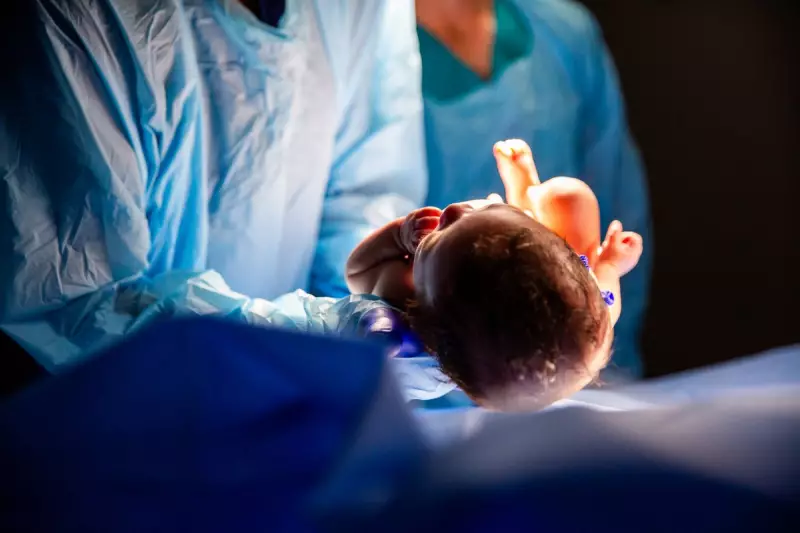
A profound transformation in childbirth is underway across the UK, with medical intervention now the norm for bringing new life into the world. For the first time, over half of all babies are born with the aid of procedures like caesarean sections or induced labour, according to a landmark report by NHS Digital.
The data for 2022-23 reveals that just 42% of births in NHS hospitals were 'spontaneous' deliveries, a term for labour that begins and progresses without medical assistance. This marks a significant decline from previous decades and highlights a dramatic shift in maternity practices.
The Rise of Assisted Births
The statistics show a clear trend towards managed labour. A quarter of all births (25.4%) were by planned or emergency caesarean section. A further third (33.4%) were 'instrumental' births, a category that includes inductions, where labour is started artificially, and assisted deliveries using ventouse or forceps.
This means a combined total of 58.8% of births involved some form of medical procedure, fundamentally changing the experience of childbirth for a majority of new mothers in Britain.
Understanding the Trends
Experts point to several factors driving this change:
- Demographic shifts: Women are, on average, having children later in life and are more likely to have underlying health conditions, both of which can lead to higher-risk pregnancies requiring intervention.
- Clinical guidance: Improved safety protocols and evolving medical guidance often recommend intervention to mitigate potential risks during labour.
- Maternal choice: An increasing number of women are opting for elective caesarean sections for personal or previous birth trauma reasons.
While these interventions can be life-saving and are often necessary, the report is likely to fuel the ongoing debate about the 'medicalisation' of childbirth and whether the NHS can adequately support women who wish to have a natural birth.
A Look at the Broader Picture
The report also captured other vital statistics about maternity services during this period. It recorded 615,136 live births delivered in NHS hospitals across England. The data also serves as a stark reminder of the challenges within the system, noting that 5,722 babies were born before arrival at the hospital, often a sign of pressures on maternity units or difficulties in accessing timely care.
This comprehensive data provides crucial insights for health policymakers and NHS trusts as they plan future maternity services. The focus will be on ensuring safe, personalised care that supports the choices and well-being of every mother and baby, whether that involves advanced medical intervention or not.





